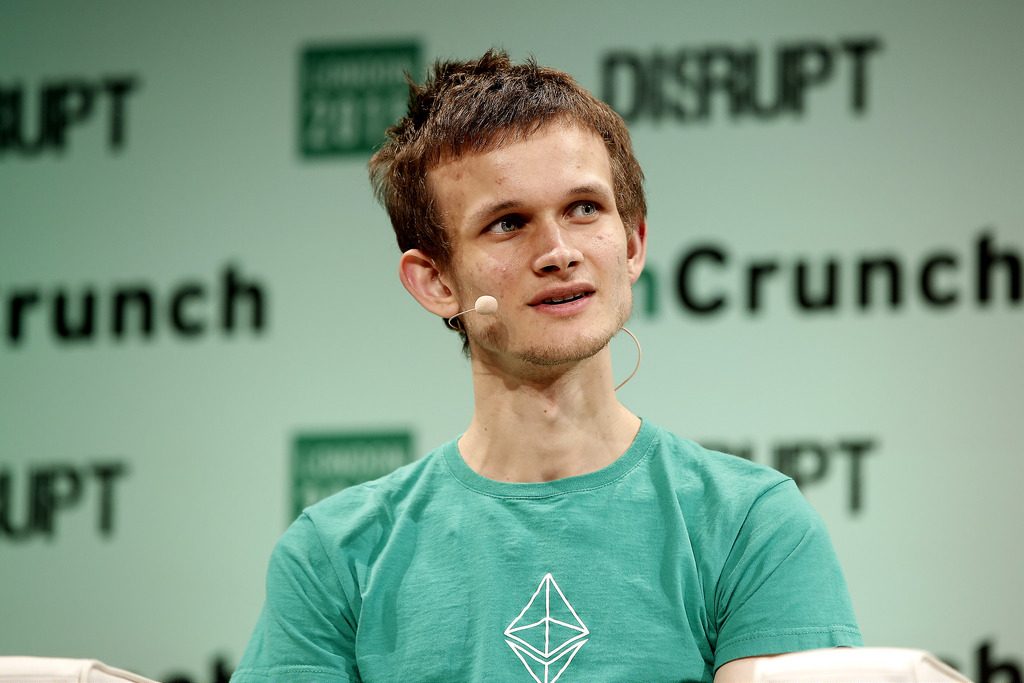Vitalik Buterin: Blockchain Utilities To Be More “Purely Digital”

Vitalik Buterin threw some serious shade at cryptocurrency projects that boast a higher transaction capacity than Ethereum. | Source: TechCrunch/Flickr
Vitalik Buterin was at Devcon4 recently and gave an interview to Quartz in which he said a few things about Ethereum in general.
For one, he feels that a “world computer” is still a valid way to describe the Ethereum project – “a shared computing environment that anybody can build and run stuff on is still a totally legitimate and valuable thing to emphasize.”
He spoke of a phenomena in which he believes people who get excited about the blockchain then inadvertently find ways to integrate it with their businesses, which he described “a lot of wasted time.” Then he somewhat went on the offensive, when asked what in particular was a waste of time:
“A lot of the big corporate blockchain stuff. I read this CoinDesk article about some IBM blockchain thing. I don’t understand this deeply, but the detail that jumped out at me is they’re saying ‘Hey, we own all the IP and this is basically our platform and you’re getting on it.’ And like, that’s[…]totally not the point[…]”
He was speaking, of course, of IBM’s several blockchain initatives, including those related to food, as CCN.com reported. Buterin appears to bristle at the idea of corporations owning blockchain intellectual property, which is unsurprising given the open nature of the Ethereum protocol and the open source of almost all code relating to cryptocurrency. He went on to say that there is value in the initiatives, but he believes the companies doing it are probably not doing it right.
“There’s definitely something there, but whether or not any of the actors there are doing it remotely correctly, I’m much less sure.”
When asked what the most valid applications of blockchain technology are, Buterin had much more to say. For one, he feels that cryptocurrencies and payment systems are the primary and most valid application of blockchains. He also said that in his view, things which are best suited for the blockchain are mostly going to be “purely digital” things.
“I feel like actual utilities in the space are going to start getting closer to things that are more purely digital.”
This echoes a statement by NEO co-founder Da Feng recently in which he said that gaming was likely the next big frontier for blockchain, a statement that is being proven in action by more than one firm. Of course, there are digital properties that can be secured by blockchain outside of in-game items, such as account information and access, some of which can benefit from the censorship-resistance of blockchains.
Buterin also said his favorite blockchain application at present is “this thing in Singapore” which aims to validate university degrees, which sounds similar to an NEM project in Malaysia, but could be referring to this project from Rice University students.
Featured image from Flickr/TechCrunch.